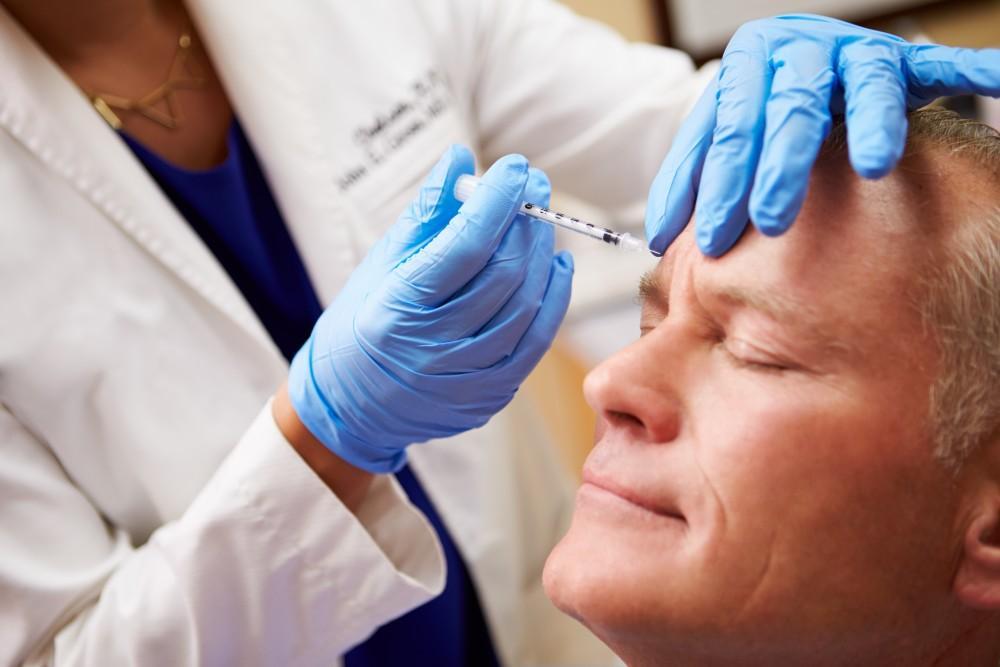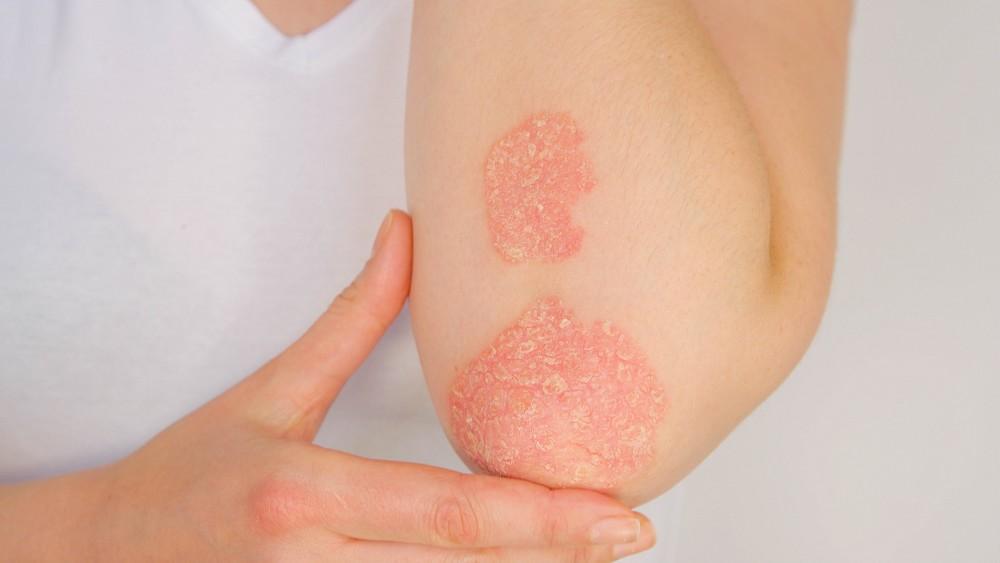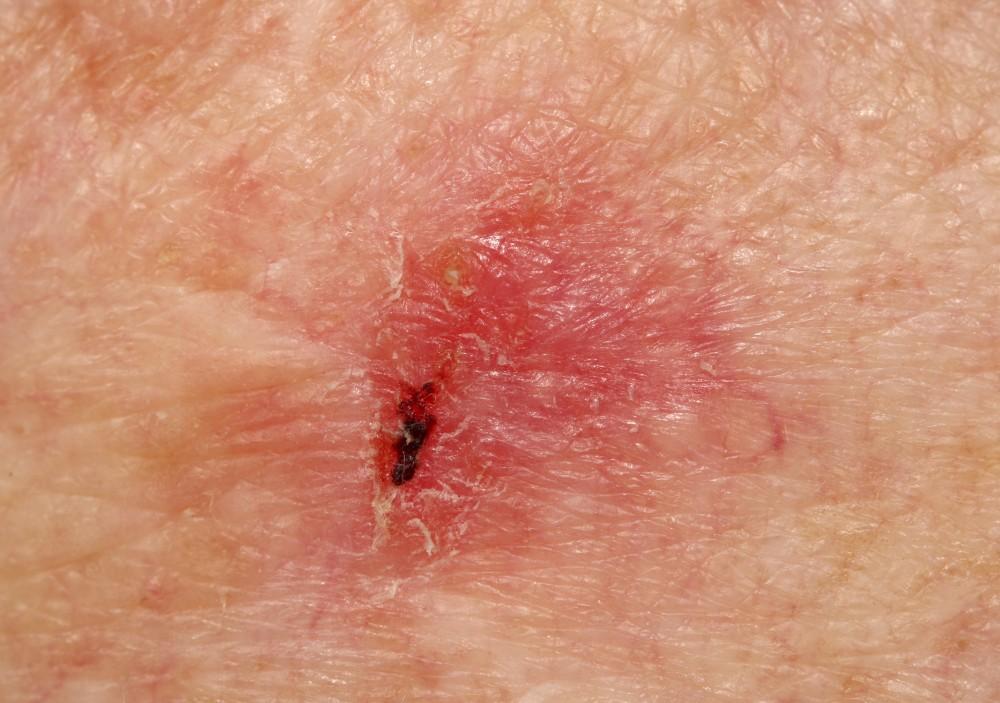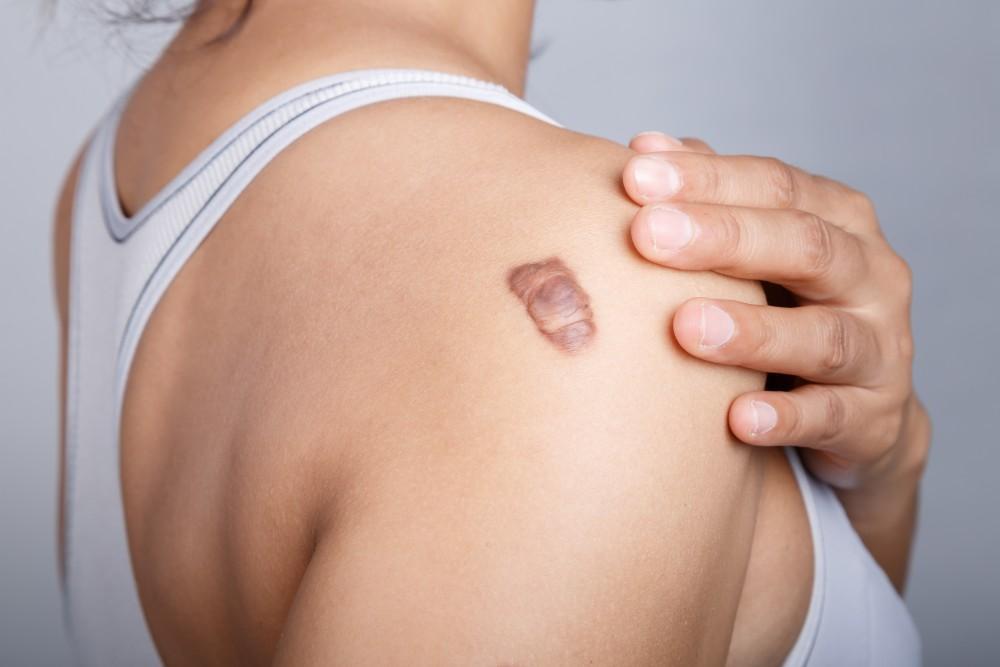
What Are the Top Treatments for Melanoma?

Melanoma, the most dangerous of all skin cancers, affects nearly 200,000 Americans every year. This cancer forms when the DNA inside your melanocytes, the cells that add pigment to your skin, gets damaged.
If you’ve been diagnosed with this serious disease, our board-certified dermatologists at Manhattan Dermatology in New York City want to reassure you that effective treatments exist, especially for melanoma caught early with an annual skin check.
The treatment for melanoma depends on several factors, including the stage of the cancer and whether it has spread, the location, and your overall health. Here’s a look at the top ways melanoma is treated.
Surgery
The most common way doctors treat melanoma is with surgical excision of the tumor and some of the nearby healthy tissue. If your the melanoma is on your face or a sensitive area, we may recommend Mohs surgery, which causes less scarring and preserves more of your healthy skin tissues.
We recommend surgical removal for almost all melanoma tumors from stage 0 through stage 4. If your melanoma has spread, we may also recommend surgical dissection or removal of your lymph nodes as well.
Immunotherapy
Immunotherapy stops or slows the spread of melanoma in patients with stage 3 or stage 4 melanoma. This treatment uses special medications to boost your immune system’s natural ability to destroy cancerous cells.
For the most effective treatment, we may recommend immunotherapy along with other melanoma treatments. This helps destroy and rid you of as much of the cancer as possible.
Targeted therapy
Another treatment for advanced (stage 3 or 4) melanoma is called targeted therapy. These medications work on specific cancer cells, preventing them from dividing and slowing or stopping the spread and growth of the cancer.
Targeted therapy is often combined with other treatments, including surgery and immunotherapy.
Radiation therapy
For patients with more advanced melanoma (stage 3 or 4) or tumors that can’t be fully removed, we may suggest radiation therapy on the tumor site or areas where the lymph nodes were removed.
There are different types of radiation therapy. For example, internal radiation treatment (brachytherapy) involves the placement of tiny sources of radioactive material near or in the site of the tumor or lymph node. The radiation releases slowly, killing the cancerous cells.
With external radiation, one of several types of radiation therapy can send a beam of radiation into the treatment area. Different types are used on different areas of the body or with different types of tumors.
Chemotherapy
Chemotherapy is a medication that moves through your blood to destroy cancer cells everywhere. This is the least common melanoma treatment since other treatments like immunotherapy or targeted therapy are typically more effective.
Chemotherapy is usually reserved for advanced melanoma with metastatic tumors.
To learn more about the top treatments for melanoma, schedule an appointment online or over the phone at either our Murray Hill or Midtown East Manhattan Dermatology offices in New York City.
You Might Also Enjoy...


5 Tips to Make the Most Out of Botox® Treatments

Does Psoriasis Run in Families?

Do I Really Need Treatment for Basal Cell Carcinoma?

Are All New Moles in Adulthood Cancerous?


